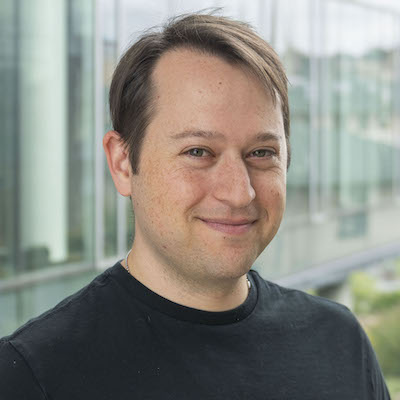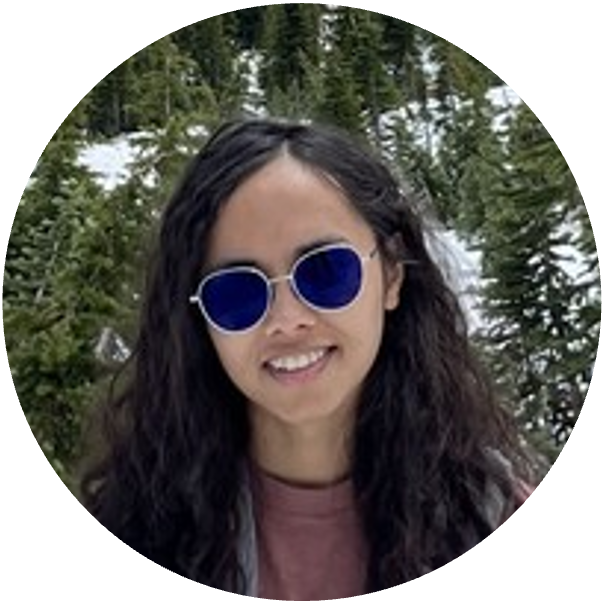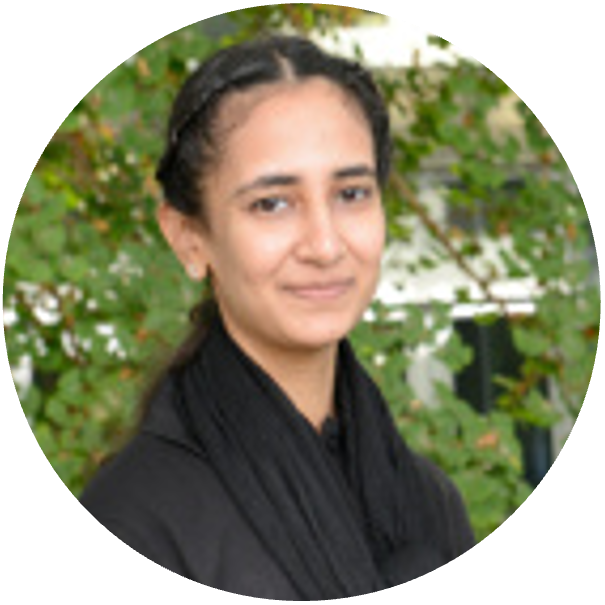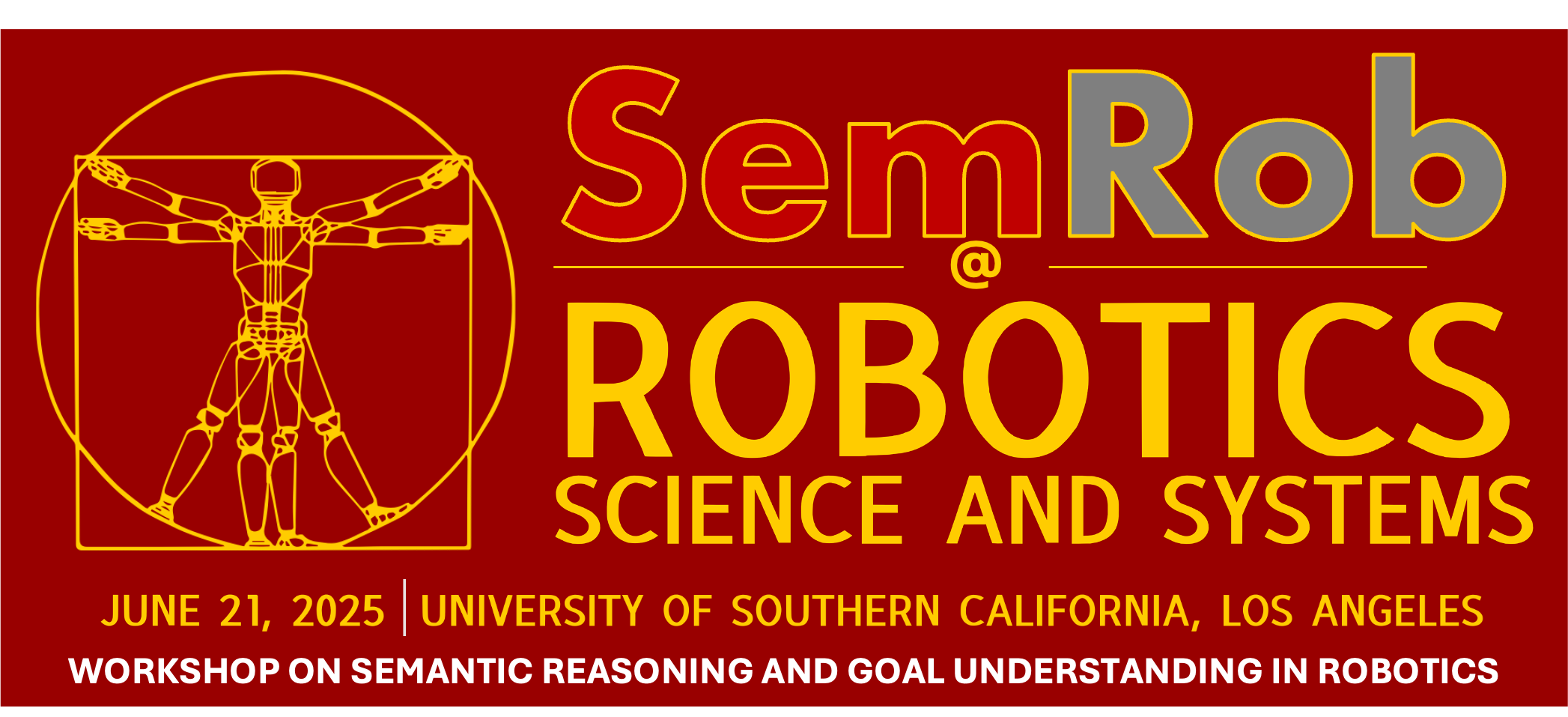| Time | ||
|---|---|---|
| 08:30 | Organizers Introductory Remarks |
|
| 08:40 | Keynote 1: Jesse Thomason Embracing Language as Grounded Communication Abstract
Language is not text data, it is a human medium for communication. The larger part of the natural language processing (NLP) community has doubled down on treating digital text as a sufficient approximation of language, scaling datasets and corresponding models to fit that text. I have argued that experience in the world grounds language, tying it to objects, actions, and concepts. In fact, I believe that language carries meaning only when considered alongside that world, and that the zeitgeist in NLP research currently misses the mark on truly interesting questions at the intersection of human language and machine computation. In this talk, I’ll highlight some of the ways my lab enables agents and robots to better understand and respond to human communication by considering the grounded context in which that communication occurs, including neurosymbolic multimodal reasoning, natural language dialogue and interaction for lifelong learning, and utilizing NLP technologies on non-text communication.
Keynote references: PSALM ProgPrompt |
|
| 09:00 | Keynote 2: Manolis Savva Towards Realistic & Interactive 3D Simulation for Embodied AI Abstract
3D simulators are increasingly being used to develop and evaluate "embodied AI" (agents perceiving and acting in realistic environments). Much of the prior work in this space has treated simulators as "black boxes" within which learning algorithms are to be deployed. However, the system characteristics of the simulation platforms themselves and the datasets that are used with these platforms both greatly impact the feasibility and the outcomes of experiments involving simulation. In this talk, I will describe several recent projects that outline emerging challenges and opportunities in the development of 3D simulation for embodied AI.
Bio: Manolis Savva is an Associate Professor at Simon Fraser University, and a Canada Research Chair in Computer Graphics. His research focuses on analysis, organization and generation of 3D content. Prior to his current position he was a visiting researcher at Facebook AI Research, and a postdoctoral researcher at Princeton University. He received his Ph.D. from Stanford University under the supervision of Pat Hanrahan. His work has been recognized through several awards including an ACM UIST notable paper award (ReVision), an ICCV best paper nomination (Habitat), two SGP dataset awards (ShapeNet, SGP 2018; ScanNet, SGP 2020), the 2022 Graphics Interface early career researcher award, and an ICLR 2023 outstanding paper award (Emergence of Maps). Keynote references: Habitat Synthetic Scenes Dataset (HSSD) SceneMotifCoder S2O: Static to Openable CAGE: Controllable Articulation GEneration SINGAPO |
|
| 09:20 | Keynote 3: Dorsa Sadigh Human-Aligned Robot Learning: manipulation policies via preferences, RLHF, and VLM feedback Abstract
Abstract TBD
|
|
| 09:40 | Spotlight Talks: #1, #4, #13, #17 | |
| 10:00 | Keynote 4: Yonatan Bisk Semantics? Reasoning? Can we define either of those terms? Abstract
In this talk I'll discuss some recent work on language conditioned robotics, but I might also choose to spend time questioning the basic assumptions of all of our work, and if we're all misguided about the important questions in robotics.
|
|
| 10:20 | Keynote 5: Ted Xiao Full-stack Robotics Foundation Models: From Embodied Reasoning to Dexterity Abstract
Advances in data-driven robot learning have accelerated progress towards general purpose robotic control. While improvements in Vision Language Action (VLA) models and large-scale imitation learning have enabled early multipurpose robotic foundation models, progress is often a direct reflection of the robot training dataset distribution or bespoke algorithmic adjustments. This stands in stark contrast to trends in multimodal frontier models, where capability improvements come not only from nuanced small-scale design decisions, but from properly harnessing the fundamental intelligence scaling laws of the underlying frontier model. In this talk, I will discuss how perspectives from frontier modeling can inspire and guide robotics research. In particular, I will cover how Gemini Robotics tackles robotics from a truly full-stack approach: how improving multimodal frontier model capabilities like embodied reasoning results in a generalizable, steerable, and dexterous robot foundation model.
Keynote references: https://deepmind.google/models/gemini-robotics/ |
|
| 10:40 | Keynote 6: Benjamin Alt Semantic Digital Twins for Robust and Flexible Robot Behavior Abstract |
|
| 10:50 | Coffee Break, Socializing, Posters | |
| 11:30 | Keynote 7: Lerrel Pinto On Building General-Purpose Home Robots Abstract
The concept of a "generalist machine" in homes — a domestic assistant that can adapt and learn from our needs, all while remaining cost-effective — has long been a goal in robotics that has been steadily pursued for decades. In this talk, I will present our recent efforts towards building such capable home robots. First, I will discuss how large, pretrained vision-language models can induce strong priors for mobile manipulation tasks like pick-and-drop. But pretrained models can only take us so far. To scale beyond basic picking, we will need systems and algorithms to rapidly learn new skills. This requires creating new tools to collect data, improving representations of the visual world, and enabling trial-and-error learning during deployment. While much of the work presented focuses on two-fingered hands, I will briefly introduce learning approaches for multi-fingered hands which support more dexterous behaviors and rich touch sensing combined with vision. Finally, I will outline unsolved problems that were not obvious initially, which, when solved, will bring us closer to general-purpose home robots.
Keynote references: Robot Utility Models EgoZero: Robot Learning from Smart Glasses DynaMem Point Policy |
|
| 11:50 | Debate: Implicit/Data-emergent Reasoning Capabilities versus Explicit Reasoning Mechanisms? Panelists: Jesse Thomason, Ted Xiao, Manolis Savva, Lerrel Pinto, Yonatan Bisk, Benjamin Alt |
|
| 12:30 | Organizers Closing Remarks |
Targeted Topics
In addition to the RSS subject areas, we especially invite paper submissions on various topics, including (but not limited to):- Neural architectures leveraging demonstrations as prompts
- Goal understanding through few-shot demonstrations
- Novel abstractions, representations, and mechanisms for few-shot learning
- Retrieval-augmentation mechanisms used in learning and task-execution
- Agentic frameworks for failure reasoning, self-guidance, test-time adaptation, etc.
- LLM-based action models for robot control; large action models
- Semantic representations for generalizable policy learning
- World models used for reasoning and optimization
Submission Guidelines
RSS SemRob 2025 suggests 4+N or 8+N paper length formats — i.e., 4 or 8 pages of main content with unlimited additional pages for references, appendices, etc. However, like RSS 2025, we impose no strict page length requirements on submissions; we trust that authors will recognize that respecting reviewers’ time is helpful to the evaluation of their work.Submissions are handled through CMT: https://cmt3.research.microsoft.com/SEMROB2025
(Required acknowledgement: the Microsoft CMT service was used for managing the peer-reviewing process for this conference. This service was provided for free by Microsoft and they bore all expenses, including costs for Azure cloud services as well as for software development and support.)
We will accept the official LaTeX or Word paper templates, provided by RSS 2025.
Our review process will be double-blind, following the RSS paper submission policy for Science/Systems papers.
All accepted papers will be invited for poster presentations; the highest-rated papers, according to the Technical Program Committee, will be given spotlight presentations. Accepted papers will be made available online on this workshop website as non-archival reports, allowing authors to also submit their works to future conferences or journals. We will highlight the Best Paper Award during the closing remarks at the workshop event.
Important Dates
-
Submission deadline:1 June 2025, 23:59 AOE. -
Author Notifications: 10 June 2025. -
Camera Ready: 15 June 2025. - Workshop: 21 June 2025, 08:30-12:30 PT

















